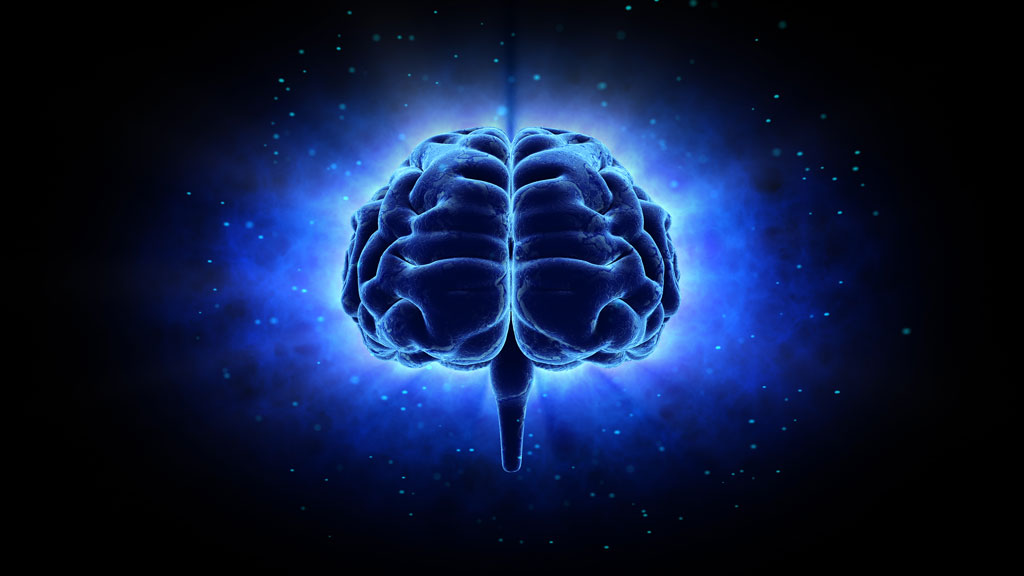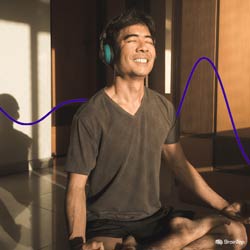Hack Your Holiday Stress: Mindfulness Meditation for a Peaceful Thanksgiving

The holiday season is a time for joy and togetherness, but it often brings its fair share of challenges. Thanksgiving, in particular, can feel like a whirlwind of emotions as we juggle family gatherings, meal preparations, and travel plans, all while managing our usual responsibilities. Fortunately, you can navigate this season with peace and mindfulness by embracing the calming benefits of mindfulness meditation. With tools like BrainTap, integrating mindfulness into your routine can make for a more serene Thanksgiving.
How Brain Waves Impact Your Memory

In a split second, it takes to remember a name or focus intently on a task, and a powerful network of electrical activity unfolds in your brain. These rhythmic patterns, known as brainwaves, shape how we remember, process, and retrieve information. Created as neurons communicate, brainwaves influence everything from relaxation and focus to complex memory storage and recall. Each brainwave type—Delta, Theta, Alpha, Beta, and Gamma—has its own frequency, linked to mental states that affect how we learn, store, and access memories. By understanding these brainwave patterns, we gain insight into how the brain supports memory, from sleep-based consolidation to quick recall in high-pressure moments.
How and Why Does the Brain Generate Dreams While You Are Sleeping?

Dreams have fascinated people for centuries, inspiring myths, scientific investigation, and personal reflection. One of the most influential modern theories on dreaming is the Activation-Synthesis Theory. Developed in the 1970s by John Allan Hobson and Robert McCarley, this theory challenges earlier notions by thinkers like Freud, who believed dreams were expressions of hidden desires or symbolic meanings. Instead, Activation-Synthesis suggests that dreams are the brain’s attempt to organize and interpret random neural activity that occurs during sleep.
How Much Deep, Light, and REM Sleep Does a Person Need?

Sleep is a complex process crucial to overall health and well-being. It’s more than just closing your eyes and drifting off—it’s an active state where the brain and body perform various restorative tasks. While the full purpose of sleep remains a subject of ongoing study, there are several prominent theories that explain its importance. These include the Inactivity theory, Energy Conservation theory, Restoration theory, and Brain Plasticity theory, each offering insights into why sleep is essential for both mind and body.
Harnessing Visualization for Relaxation and Stress Relief

Stress affects millions worldwide, often manifesting through physical and emotional tension. A powerful tool for promoting relaxation and stress relief is visualization, a technique that taps into the mind’s ability to create mental images that promote calmness and manage stress. When combined with BrainTap’s meditation sessions, visualization can unlock even greater potential for calming the mind, making it an invaluable resource for enhancing well-being.
Building Mental Toughness in Athletes: Strategies for Developing Grit

Mental toughness often defines the line between success and failure in high-pressure situations. It’s the resilience that enables athletes to push through challenges, stay focused, and perform at their peak—even when faced with adversity. Legends like Michael Phelps, Simone Biles, Naomi Osaka, and Serena Williams embody this mental strength. By sharing their personal mental health journeys, these athletes have broken down barriers, destigmatized mental health issues, and encouraged others to seek the support they need. Embracing vulnerability has played a key role in building their mental toughness, proving that true grit comes from facing and overcoming obstacles, strengthening both the mind and body.
Prioritizing Mental Health for Students: A Holistic Approach with BrainTap.

Maintaining good mental health is essential for everyone, but it holds special significance for students. The demanding academic environment, coupled with the challenges of personal growth and social interactions, makes prioritizing mental well-being critical. Mental health significantly influences academic performance and overall quality of life, impacting various aspects of a student’s journey.
Boost Your Focus and Productivity with BrainTap’s Audio Sessions

In the modern world, maintaining focus and productivity can be a challenge. Distractions are everywhere, and the demands of daily life can easily overwhelm our mental faculties. BrainTap offers a revolutionary solution to enhance focus and productivity through its innovative audio sessions. This article delves into how BrainTap can help optimize brainwave patterns, promote mental clarity, and boost overall productivity.
Lunch Break Meditation: Be Mindful During Your Work Day

Explore the transformative power of lunch break meditation and infuse your workday with peace, productivity, and mindfulness. Whether you’re navigating the challenges of the office or the distractions of working from home, dedicating a portion of your lunch break to meditation can be a beacon of tranquility in a sea of chaos. From fostering focused concentration to enhancing emotional well-being, the benefits of midday mindfulness are profound and far-reaching. Don’t let stress dictate the rhythm of your workday. Instead, take control with intentional breaths, guided imagery, and moments of silent reflection designed to rejuvenate your spirit and sharpen your mind.
BrainTap Optimizes Your Morning Routine: Start Your Day Right

In today’s fast-paced world, starting your day on the right foot is essential for setting a positive tone and maximizing productivity. With BrainTap, you can take your morning routine to the next level and unlock your full potential when you wake up. In this blog post, we’ll explore how BrainTap’s cutting-edge technology can optimize your […]

